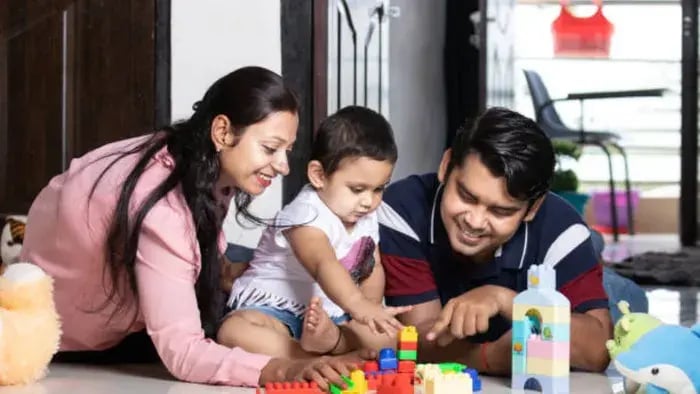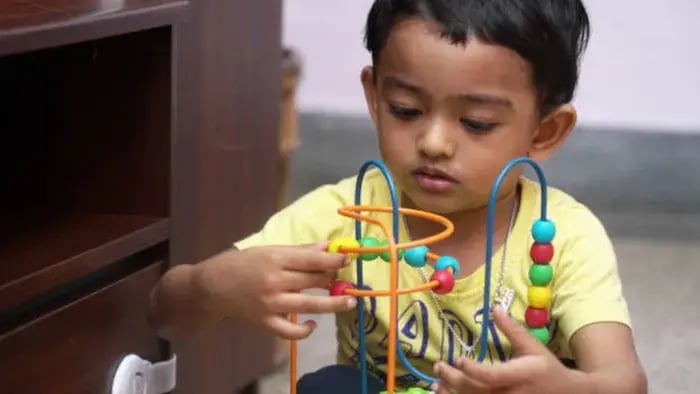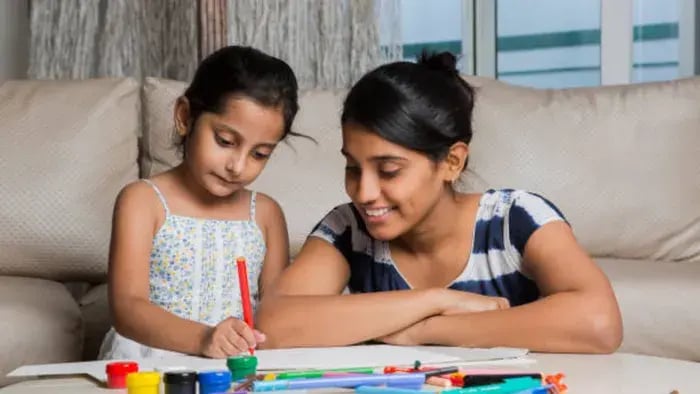- Building with Blocks and Puzzles
- Role Play and Pretend Games
- Outdoor Group Games
- Art and Creative Play
- Music and Dance Activities
- Strategy and Board Games
- Nature Play and Exploration
Introduction

The way children play often tells you more about their growth than a report card ever could. These moments may look like play, but they are also powerful lessons in disguise. Play is where children test ideas, express emotions, and practice skills that stay with them far beyond childhood.
For little ones, activities like stacking, sorting, or building improves focus, patience, and coordination. As kids grow, play changes shape. Group games introduce teamwork, fairness, and resilience, while role-play helps them explore feelings and understand how others think. Without realizing it, children learn to solve problems, think creatively, and communicate more clearly.
The real gift of play is how naturally it weaves learning into joy. There’s no classroom pressure, only curiosity and discovery. Every playful moment strengthens both mind and heart, giving kids the tools they need for school, friendships, and life. When play is encouraged, childhood becomes a space where fun and growth go hand in hand.
7 Fun Learning Opportunities Through Play

Play is a powerful tool that shapes learning, growth, and personality. Through play, children develop important life skills such as problem-solving, creativity, social awareness, and emotional balance. Unlike formal lessons, play feels natural and effortless, yet the benefits reach far beyond the moment.
Every type of play, whether structured games, free play, or role-based activities, teaches something valuable. While puzzles may sharpen thinking, outdoor games encourage teamwork and resilience. Even simple pretend play nurtures imagination and emotional understanding. Let’s explore seven fun ways play can build lasting skills in children.
Building with Blocks and Puzzles
When children stack blocks or solve puzzles, they strengthen hand-eye coordination, attention span, and logical thinking. According to a study published in Annu Rev Dev Psychol. 2023, these activities also teach resilience, as kids learn to try again after pieces fall or patterns don’t fit. Over time, block building and puzzles encourage creativity while laying the foundation for critical thinking skills.
Role Play and Pretend Games
Pretend play, like acting as a doctor, teacher, or shopkeeper, helps children explore different roles and understand real-life situations. As per a study published in Front Psychol. 2023 it nurtures creativity while improving communication and empathy. Through these activities, kids practice problem-solving in a safe, playful way and gain confidence in expressing themselves.
Outdoor Group Games
Games such as football, cricket, or relay races encourage children to collaborate, share responsibility, and celebrate collective success. A study published in Children (Basel). 2023 shows that they also teach resilience by helping kids manage winning and losing gracefully. Outdoor play supports physical health, builds stamina, and fosters friendships that strengthen social bonds.
Art and Creative Play
Drawing, painting, or crafting allows kids to communicate feelings and ideas that words cannot always express. Research published in Cochrane Database Syst Rev. 2023, it boosts fine motor skills, concentration, and innovation. Creative play also helps children feel proud of their work, which strengthens self-esteem and encourages them to think outside the box.
Music and Dance Activities
Clapping games, singing, or dancing to music are not only joyful but also improve coordination, rhythm, and memory. A study published in Brain Sci. 2022, these activities activate multiple areas of the brain, making learning more engaging. Dance and music also provide emotional release, helping kids relax and build confidence in social settings.
Strategy and Board Games
Board games such as chess, ludo, or carrom teach children to plan, strategize, and think ahead. They also require patience, turn-taking, and respect for rules. Research conducted by JMIR Serious Games. 2023 shows that these games improve concentration and decision-making skills, while also giving families quality bonding time together.
Nature Play and Exploration
Playing in gardens, parks, or natural spaces encourages children to observe, question, and discover. According to a study published in Annu Rev Dev Psychol. 2023, activities like collecting leaves, spotting insects, or caring for plants teach respect for the environment. Nature play develops observational skills, sparks curiosity, and gives kids a sense of responsibility toward the world around them.
Conclusion

Playing games is one of the most powerful forms of education children can experience. Each playful activity, whether it’s solving puzzles, acting out roles, or exploring nature, contributes to skills that shape confident, creative, and resilient individuals. By encouraging a balance of structured and free play, you give children the chance to grow in every aspect, physically, socially, and emotionally, while enjoying the process.
Her love for storytelling began with reading her grandfather’s speeches, where Tarishi saw the power of words in creating lasting memories. Combining her passions for food and writing, she has turned her life into a fulfilling path of sharing stories that celebrate flavours and how food brings communities together.
The views expressed are that of the expert alone.
The information provided in this content is for informational purposes only and should not be considered a substitute for professional medical advice, diagnosis, or treatment. Always seek the advice of your physician or another qualified healthcare provider before making any significant changes to your diet, exercise, or medication routines. This is a sponsored article.
References
https://pmc.ncbi.nlm.nih.gov/articles/PMC10507521/
https://pmc.ncbi.nlm.nih.gov/articles/PMC9775149/
https://pmc.ncbi.nlm.nih.gov/articles/PMC9775149/
https://pmc.ncbi.nlm.nih.gov/articles/PMC9891430/
https://pmc.ncbi.nlm.nih.gov/articles/PMC10136470/
















